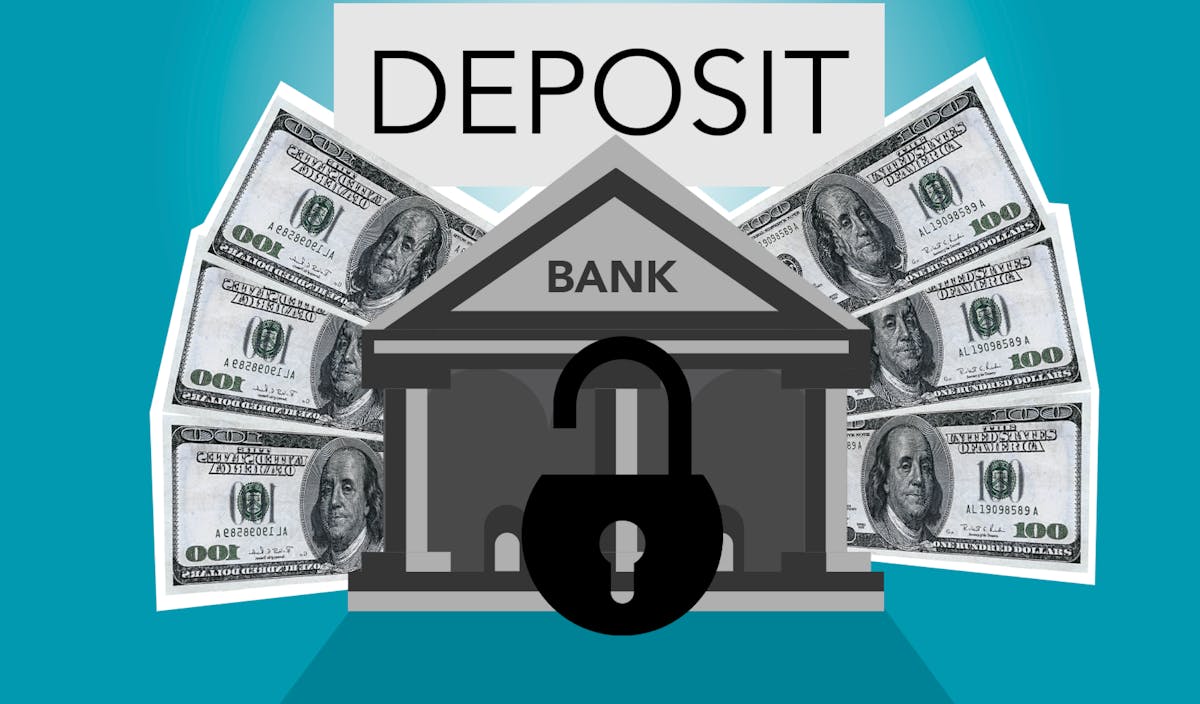
Fixed Deposits (FDs) remain one of the safest investment choices in 2026. But the interest you earn isn’t entirely yours — the Indian government taxes FD interest income. Understanding these rules in 2026 is crucial for effective financial planning.
Learn about Tax Deducted at Source (TDS), how your income slab impacts your tax on FDs, and ways to potentially reduce your tax liability. Let’s dive into the world of taxes and your fixed deposit returns.
Understanding FD taxation
The interest earned on your fixed deposit is taxable under ‘income from other sources’ according to the Income Tax Act, 1961. This means you will need to include it in your total taxable income when filing your returns.
Tax deducted at source (TDS)
- TDS thresholds: If the interest earned on your FD is less than Rs 40,000 per year, it’s exempt from Tax Deducted at Source (TDS). However, TDS on interest on fixed deposits will be applicable if the interest income exceeds Rs 40,000 (or Rs 50,000 for senior citizens).
- TDS rates: PAN card users would have to pay 10% as tax on interest earned, and non-PAN users would need to pay 20%. For non-resident Indians (NRIs), the TDS rate is 30% on interest earned on FDs.
How does TDS work?
Tax on the FD interest is deducted as TDS when the annual interest is credited. In other words, the bank will automatically levy TDS on the interest earned on your FD.
Taxation based on your income
The tax on your FDs also depends on your total income for that year. Even if the bank has deducted TDS, you may still need to pay additional tax. For instance, if your total income is Rs 10 lakhs or more per annum, the FD interest will be taxable at your highest slab rate (which could be up to 30%).
No tax below the basic exemption limit
If your overall income is less than Rs 2.5 lakh in a year (the minimum taxable amount), there is no tax on your FD interest.
Submitting forms 15G/15H
To claim eligibility for tax exemption (if your income is below the taxable limit), you have to submit form 15H (for senior citizens) or 15G (for regular citizens) to your bank.
Tax-saving FDs
To avoid paying tax on your FD interest, you could opt for a tax-saving FD. These FDs come with a lock-in period of 5 years and allow you to claim a deduction of up to Rs 1.5 lakh under Section 80C of the Income Tax Act. However, note that the interest earned is still taxable.
As of 2026, tax‑saving FDs continue to offer deductions under Section 80C, though interest remains taxable.
Consider online FDs
Banks like IndusInd continue to offer competitive online FD rates in 2026, often higher than traditional branch‑based deposits.
As 2026 begins, being aware of the tax implications of FD interest is essential for smart financial planning. By understanding TDS rules, income slabs, and tax‑saving FD options, you can optimise your deposits and make informed decisions to maximise returns in the new year.
By understanding TDS, tax slabs, and tax-saving FD options, you can optimise your FD and make informed decisions to maximise your returns.

